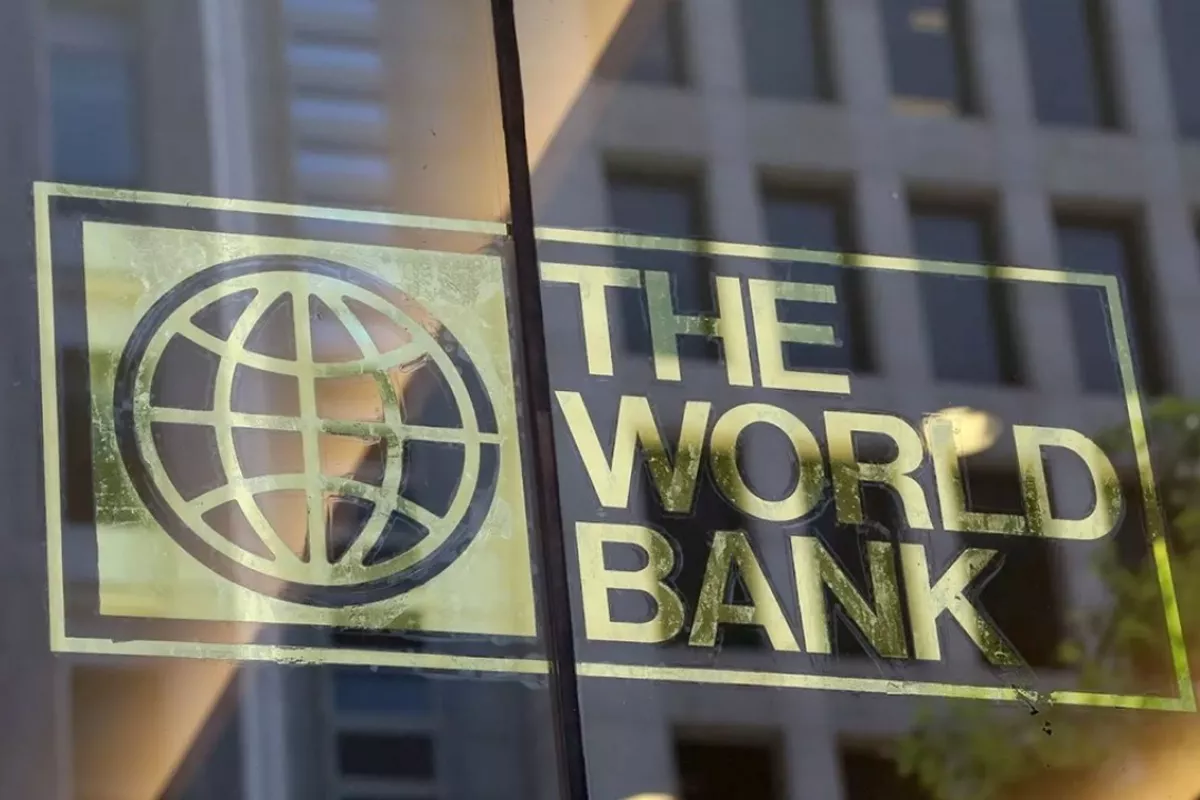
Tajikistan faces several economic risks stemming from Russia’s labor migration policies, global political instability, and ongoing regional conflicts, according to a new World Bank report on the country’s economy.
Economists warned that stricter migration rules and restrictions on Tajik workers in Russia could sharply reduce remittance inflows, potentially slowing economic growth, increasing poverty, and straining fiscal and trade balances, The Caspian Post informs per Tajik media.
The report also notes that trade costs may rise due to US tariffs on multiple trading partners, prompting retaliatory measures from China and other nations. Falling commodity and oil prices are expected to further slow growth, creating uncertainty in Tajikistan’s economic outlook.
“Tajikistan’s exports of key metals, including aluminum, zinc, and ores, remain vulnerable to weak global demand. However, gold exports are likely to benefit from higher prices in 2025 after record levels in 2024,” the report said.
The World Bank highlighted that regional armed conflicts could intensify in Eurasia, with Russia and Ukraine yet to agree on an extended ceasefire, alongside ongoing tensions in the Middle East. These developments may raise energy and logistics costs and disrupt global supply chains, increasing import expenditures for Tajikistan.
The report also noted that potential normalization of the US-Russia relations, accompanied by sanctions relief, could introduce economic instability in Central Asia, though uncertainties remain due to the complex nature of regional economic ties.
Despite these challenges, the World Bank projects that Tajikistan’s economy will remain resilient, though growth is expected to moderate. Real GDP growth is forecast to slow from 8.4 per cent in 2024 to 7.0 per cent in 2025, 4.9 per cent in 2026, and 4.7 per cent in 2027.
Earlier, the Asian Development Bank (ADB) and the Eurasian Fund for Stabilization and Development (EFSD) issued similar warnings regarding slower economic growth in Tajikistan.
Share on social media